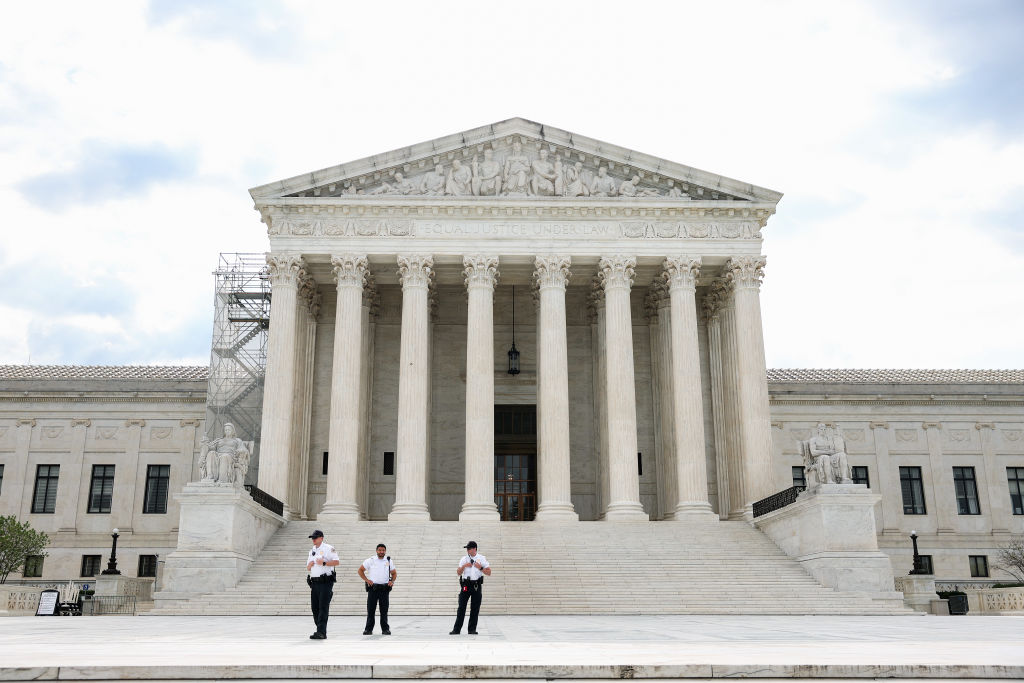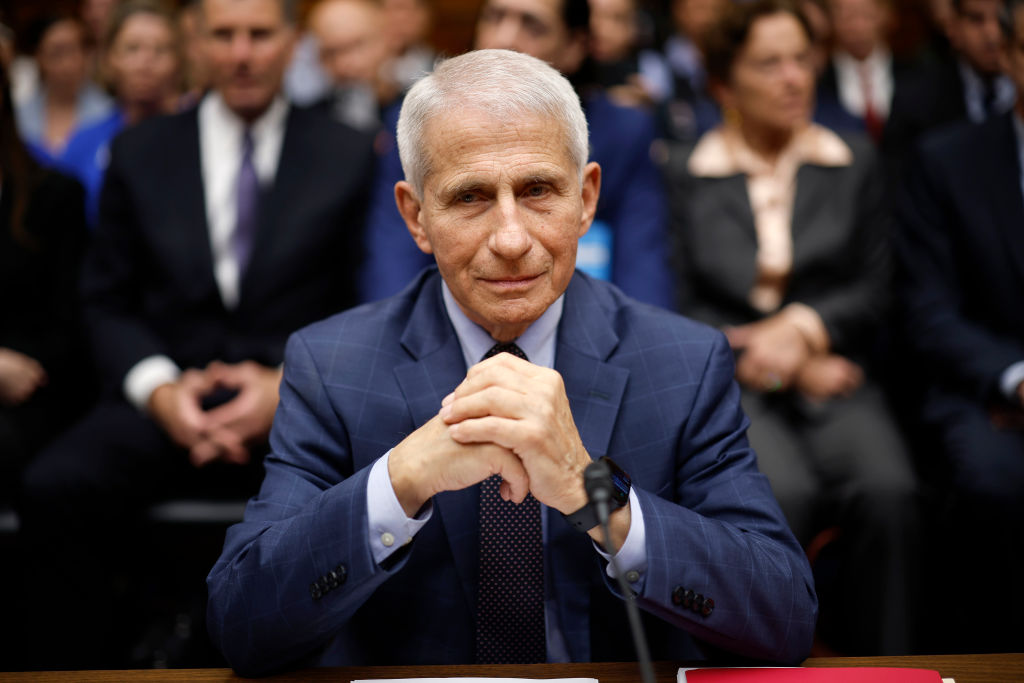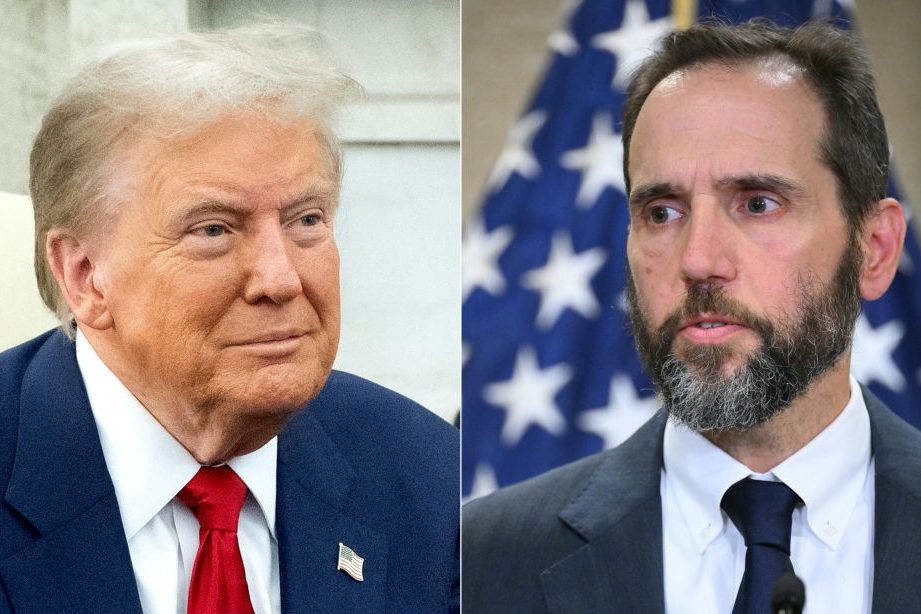The Supreme Court has decided Tuesday that state legislatures do not have untrammeled power to draw congressional districts and must adhere to their own constitutions, which state supreme courts can adjudicate. As such, independent state legislature theory — which the North Carolina state legislature utilized to bring its case before the court — is not a viable legal theory. The decision in Moore v. Harper was 6-3, with Justices Thomas, Alito and Gorsuch taking up the dissent.
The court wrote in its thirty-page decision that, contrary to independent state legislature theory, “The Elections Clause does not vest exclusive and independent authority in state legislatures to set the rules regarding federal elections.”
“[W]hen a state legislature carries out its federal constitutional power to prescribe rules regulating federal elections,” the court continued, “it acts both as a lawmaking body created and bound by its state constitution, and as the entity assigned particular authority by the Federal Constitution. Both constitutions restrain the state legislature’s exercise of power.”
Since North Carolina’s supreme court ruled against the GOP-controlled legislature’s redistricting map, the court has switched to Republican control and reversed its initial ruling. The Supreme Court’s ruling — as far as North Carolina is concerned — will not have much of an impact, because the redistricting map is no longer in question.
The Wall Street Journal quoted David Thompson, a lawyer for speaker of the North Carolina House of Representatives Timothy Moore, as saying the state’s court “already corrected the errors of its ways and that the state legislature is now free to redraw the congressional map without undue judicial interference.”
North Carolina governor Roy Cooper said, alongside more hyperbolic remarks, that “This is a good decision that curbs some of the power of Republican state legislatures and affirms the importance of checks and balances.”
There are several other Supreme Court decisions expected by the end of the week.

























